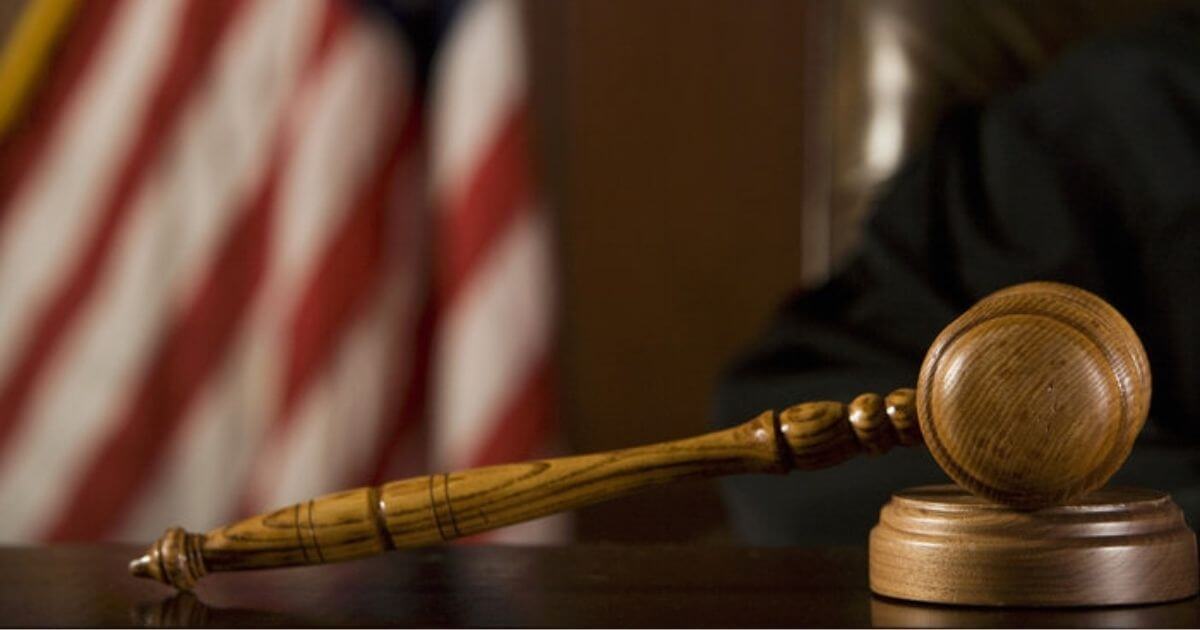
Ruling Gives Further Impetus to College Athletes’ Compensation
Yesterday’s U.S. Supreme Court ruling that the National Collegiate Athletic Association (NCAA) violated antitrust law by putting limits on education-related benefits that schools provide athletes is only the latest development in the ongoing multi-front battle over whether and how collegiate athletes can be compensated for and leverage their participation.
It’s a journey that began, in a legal sense, with a suit filed more than a decade ago by former UCLA basketball star Ed O’Bannon after a friend told him that he’d recently used O’Bannon within an NCAA-licensed videogame. It turned out that while O’Bannon’s name wasn’t used in the game, his likeness and performance characteristics had closely matched the videogame version.
Redefining the Rules
Yesterday’s decision isn’t directly related to the hot button issue – central to the merchandise licensing business — of whether athletes, according to the NCAA rules that govern collegiate athletics, can be compensated for usage of their Name, Image and Likeness (NIL) rights. But it’s one of a number of legal confrontations winding their way through various courts that undoubtedly will redefine the power of the NCAA to set rules under which the schools and their athletes operate.
It’s not likely to drive any immediate change in the collegiate licensing business, in which, for example, jerseys are sold to consumers without players’ names or numbers.
Legal and PR Challenges
Well aware of the legal and PR challenges it’s been facing, the NCAA has been moving toward change. “Even though the decision does not directly address name, image and likeness, the NCAA remains committed to supporting NIL benefits for student-athletes,” NCAA president Mark Emmert said. “Additionally, we remain committed to working with Congress to chart a path forward, which is a point the Supreme Court expressly stated in its ruling.”
At this point, Federal legislation is still being discussed, and there is a growing patchwork of state laws that are beginning to go into effect. By July 1, there will be eight states that will let colleges and universities grant NIL rights to their athletes. Similar legislation has passed and will become law in 11 other states between by 2025, with the most slated to take effect on Jan. 1, 2022. And legislation has been introduced and is pending in 13 other states.
It’s obvious that stars in the most-followed college sports – in most cases football and basketball –would be the most likely to leverage their NIL rights via such elements as jerseys and collectibles. And when players are being recruited, the talk can turn more overtly to the opportunities a particular school may have to help him or her “build your brand.”
But a loosening of the NCAA rules might be most advantageous to specific players in athletes in lower profile sports who have built large social media followings based only partially on their onfield exploits, i.e. a lacrosse player who showcases outrageous shots on TikTok. It could also lead to promotional and endorsement opportunities, such as a well-known athletic influencer being paid to promote her favorite restaurant or appear in a local retailer’s ads.
It’s still a legal and logistical jumble, but the direction is clear.

















